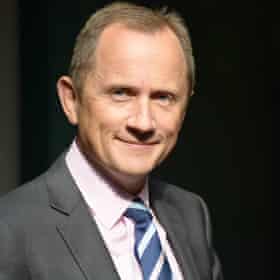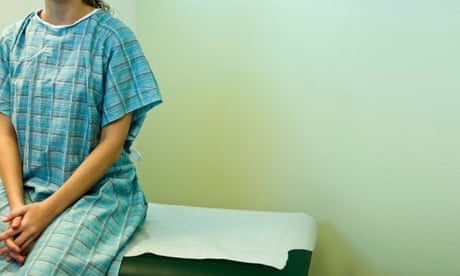Virginity repair’ surgery to be banned in Britain under new bill
“Virginity repair” surgery known as hymenoplasty has no place in the medical world, British healthcare professionals were warned today, as legislation to criminalise the practice was introduced by the government.
An amendment added to the health and care bill on Monday will make it illegal to perform any procedure that aims to reconstruct the hymen, with or without consent.
Dozens of clinics, private hospitals and pharmacies have offered the controversial surgery with the promise of “restoring virginity” – with growing numbers of girls and young women coerced into undergoing the procedure. Scar tissue is used to construct a fake hymen with the aim of making a girl or woman bleed when she next has intercourse.
There had been pressure to outlaw the surgery from campaigners, including doctors and midwives, since the government pledged to criminalise virginity testing last July.
Both practices are considered forms of violence against women and girls.

One British survivor of “honour”-based abuse who was harassed for months by her parents to have the surgery said the ban would provide vital protection to girls under family pressure.
Hafsah, who did not want to give her real name, is in her 30s and was raped as a child. Afterwards, her Kurdish parents became obsessed with the idea of presenting her as “pure” on her wedding night and her father told her there was a surgery that would “fix her shame”.
She explained: “The risk of being ostracised by my community because I didn’t want to go ahead with the surgery under my parents’ orders put me in an extremely dark frame of mind. I felt like I didn’t belong and I was abnormal.
“I told them I didn’t want the surgery but for more than a year they used emotional blackmail to try to persuade me.”
Hafsah explains: “If hymenoplasty had been illegal when I was a teenager it would have saved me a lot of emotional abuse. I’m sure it will be a great comfort to vulnerable girls in a similar position to know that the law is on their side. It could give them the strength to stand up for themselves.”
Dr Edward Morris, president of the Royal College of Obstetricians and Gynaecologists, said hymenoplasty can never be justified on health grounds.
“We have been campaigning for the ban of both virginity testing and hymenoplasty alongside women’s health and rights charities, as they are inextricably linked forms of violence against women and girls.
“We want to send a clear message to healthcare professionals that neither practice has any place in the medical world and should not be carried out under any circumstances. We will inform the General Medical Council if we are made aware of anyone carrying out these procedures, so they can take the appropriate action.”
He added: “Women deserve to have ownership over their own sexual and reproductive health.”
Diana Nammi, executive director at the Iranian and Kurdish Women’s Rights Organisation, said: “Every woman and girl who faces this invasive surgery [does so] under duress, direct or indirect, to present as a ‘virgin’, and, in many cases, it is carried out to enable a forced marriage, organised by her family.
“Hymenoplasty causes trauma and, in around half of cases, it fails to make the woman or girl bleed the next time she has intercourse, leaving her highly vulnerable to ‘honour’-based abuse or even ‘honour’ killing.”
The government moved to ban hymenoplasty after consultation with an independent panel of experts.
The minister for care and mental health, Gillian Keegan, said: “I am committed to safeguarding vulnerable women and girls in this country. That’s why we are making virginity testing illegal and why we have taken another significant step to also ban hymenoplasty in the health and care bill.”
She said the abusive practices had no place in society, adding: “We will continue to work across government and with local communities and organisations to tackle the taboos and damaging preconceptions associated with virginity and a woman’s worth.”
In the UK, the NSPCC offers support to children on 0800 1111, and adults concerned about a child on 0808 800 5000. The National Association for People Abused in Childhood (Napac) offers support for adult survivors on 0808 801 0331. In the US, call or text the Childhelp abuse hotline on 800-422-4453. In Australia, children, young adults, parents and teachers can contact the Kids Helpline on 1800 55 1800, or Bravehearts on 1800 272 831, and adult survivors can contact Blue Knot Foundation on 1300 657 380. Other sources of help can be found at Child Helplines International


Comentarios
Publicar un comentario